Category: Humanity
-
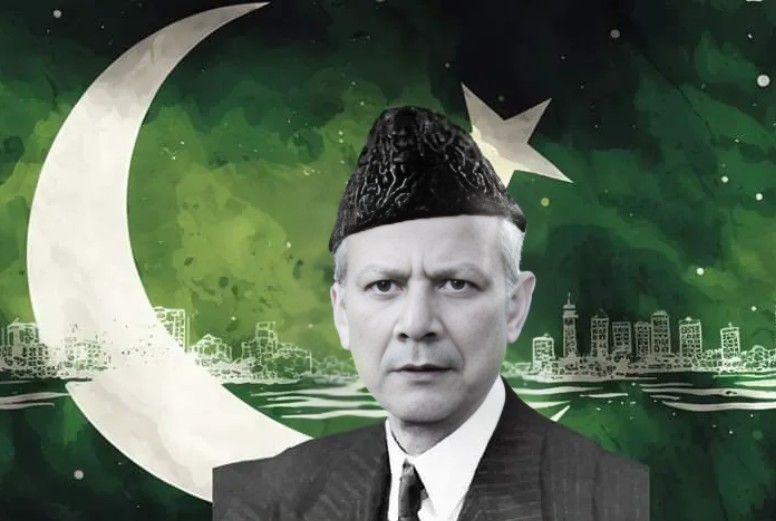
ইউনূস ছোটবেলা থেকেই মিথ্যেবাদী, সুবিধাবাদী
১৯৪৭ সালের ১৩ই আগস্ট। চট্টগ্রাম নগরীর বক্সিরহাট এলাকার রাস্তাঘাট ও সব বাড়িঘরে পাকিস্তানের চাঁদ-তারকাখচিত পতাকা ও সাদা-সবুজ ফেস্টুন উড়ছে; রাজনৈতিক বক্তব্য ও হাজার হাজার এলাকাবাসীর ‘পাকিস্তান জিন্দাবাদ’ শ্লোগানে মুখরিত ছিল পুরো এলাকা। মধ্যরাতের আগেই ২০ নং বক্সিরহাটের (সোনাপট্টি) দোতলা বাড়ির ছাদ থেকে আতশবাজি পোড়ানো হয়। বড়ির কর্তা দুলা মিয়া সওদাগর ছিলেন মুসলিম লীগ ন্যাশনাল গার্ডের…
-
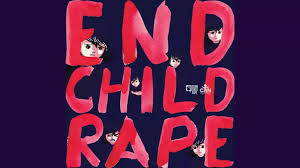
2013-15: Documentation of madrasa rapes in Bangladesh
The article discusses reported cases of madrasa rapes in Bangladesh, focusing on the abuse of both boys and girls by religious figures. I’ll analyze this in the context of some common questions: What do these incidents mean? And why do religious scholars commit such crimes? What do the laws say? My response will draw on…
-
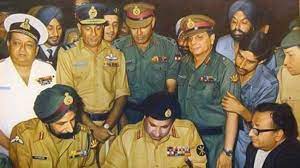
Brief timeline: 1971 Liberation War and birth of Bangladesh
Starting from mid-February till January 10, 1972, this brief timeline mentions every important event of the Bangalee’s struggle for independence and efforts to thwart it through genocide by Pakistan, its allies, and local collaborators, like the Pace Committee, Razakar, and al-Bard forces. This timeline will remind you about diplomacy and dirty politics, the deadliest genocide…
-
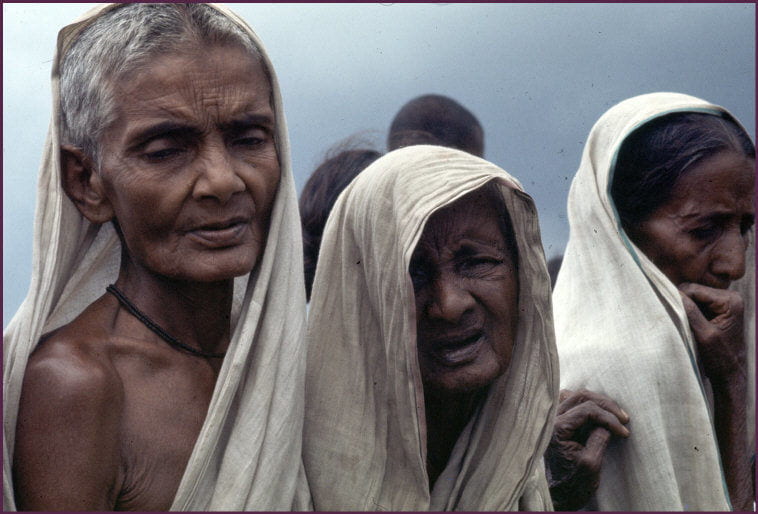
Documentation of 1971 Hindu genocide in Bangladesh
In 1971, the West Pakistani rulers launched an offensive in East Pakistan to subdue the Awami League and its supporters, as well as Hindus. Ethnic (Hindu) cleansing, forced pregnancy of Hindu women, and deliberate killing of Hindu males to exterminate Bangalee Hindus as a race were the key agenda of the Pakistani military. As part…
-
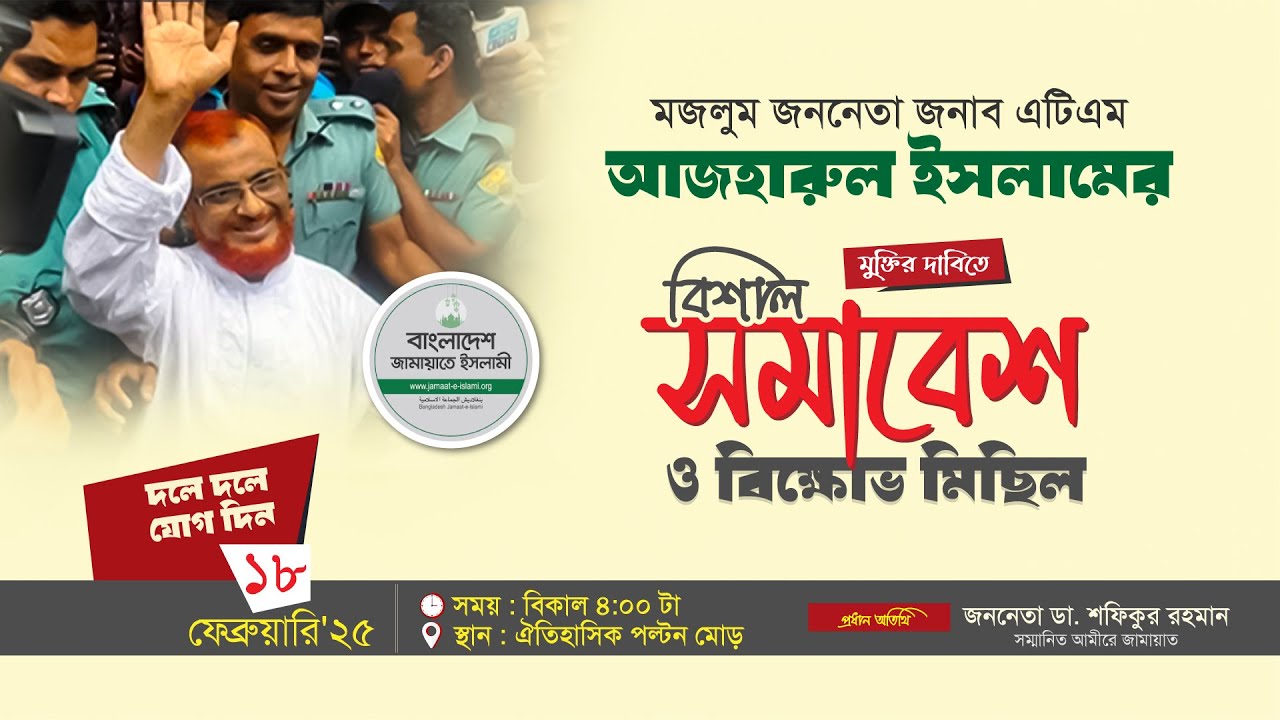
The unfinished trial of Rangpur al-Badr commander ATM Azhar
I’m astonished at what the deposed Awami League government had in mind as it left the last legal battle of convicted war criminal ATM Azharul Islam Azhar pending for five years and let Jamaat-e-Islami claim the trial is farcical now! The Supreme Court’s Appellate Division rejected his appeals against the death penalty pronounced by the…
-
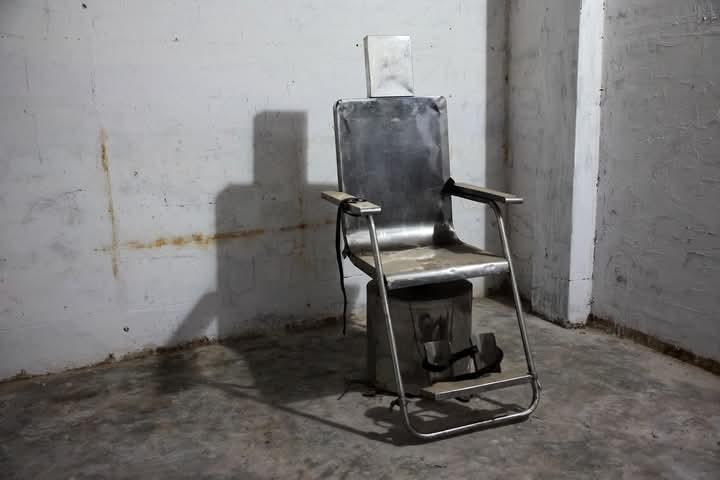
Aynaghor: Poor drama staged by Prof Yunus administration to portray captive cells
Being under severe criticism for gross human rights violations, autocracy, and unlawful activities, the interim government led by US puppet Prof Muhammad Yunus has staged a poor drama to describe what they call aynaghor or solitary confinements and torture cells of security forces in Bangladesh during the Awami League’s 15-year rule. Alif Laila Some victims…
-
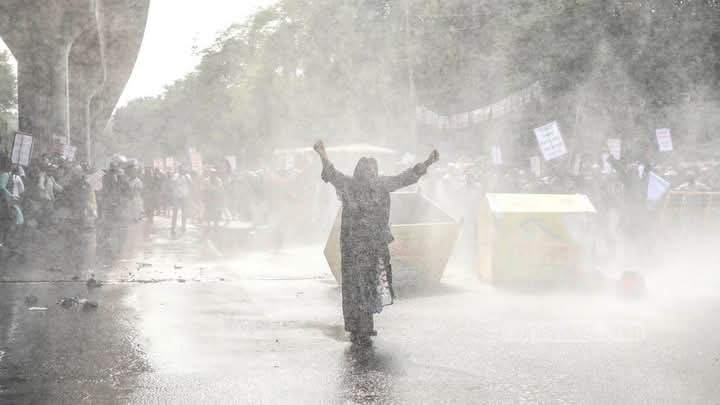
ফ্যাসিবাদ বিরোধী সুশীল সরকারের পুলিশ এবার মাদ্রাসা শিক্ষকদের পেটালো!
অন্তর্বর্তীকালীন সরকার দিনকে দিন অসহিষ্ণু হয়ে উঠছে। ব্যক্তি বা গোষ্ঠী বা সংগঠন থেকে সরকারের কাছে দাবী জানালে সেটিকে গুরুত্ব সহকারে না দেখে সরকার বিরোধী বা ফ্যাসিবাদের দোসর ট্যাগ দেয়া এবং পুলিশ বা সরকার সমর্থক সংগঠনের সদস্যদের লেলিয়ে দিয়ে নির্মমভাবে দমন করা হচ্ছে। আপাতদৃষ্টিতে মনে হচ্ছে সরকার আশা করে তাদের পরিকল্পিত সংস্কার কাজ চলাকালে জনগণ ও…
-
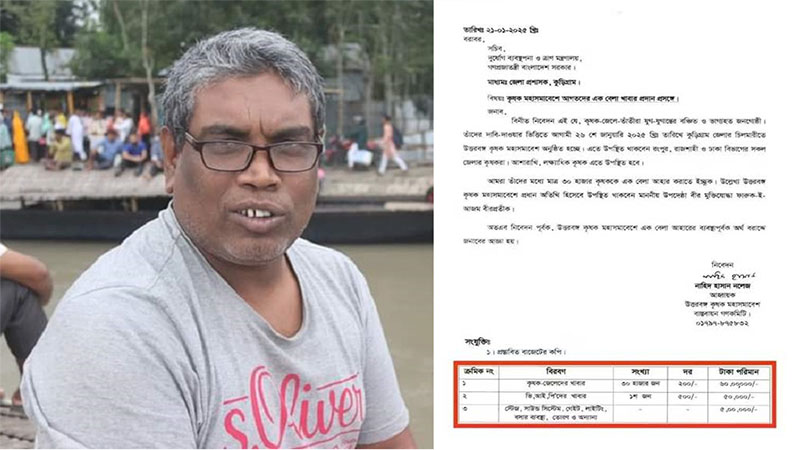
সরকারি পরিকল্পনা ও প্রযোজনায় জেলে, তাঁতী ও কৃষক মহাসমাবেশ যেভাবে বিতর্কিত হল
সরকারের দুই উপদেষ্টাসহ এবং জুলাই অভ্যুত্থানে অংশগ্রহণকারী রাজনৈতিক নেতা, কৃষিপণ্য ব্যবসায়ী, শিক্ষক ও লেখকদের আয়োজনে ২৬শে জানুয়ারি কুড়িগ্রামে জেলে, তাঁতী ও কৃষকদের মহাসমাবেশ ডাকা হয়েছে, যা আদতে অধ্যাপক মুহাম্মদ ইউনূসের নেতৃত্বাধীন অন্তর্বর্তীকালীন সরকারের নির্বাচনী প্রচারণা বলেই মনে হচ্ছে। আয়োজক কমিটির আহ্বায়ক নাহিদ হাসান নলেজসহ অনেক আলোচক বর্তমান সরকারের অংশ হওয়া স্বত্বেও তারা সরকারের কাছে জেলে,…
-
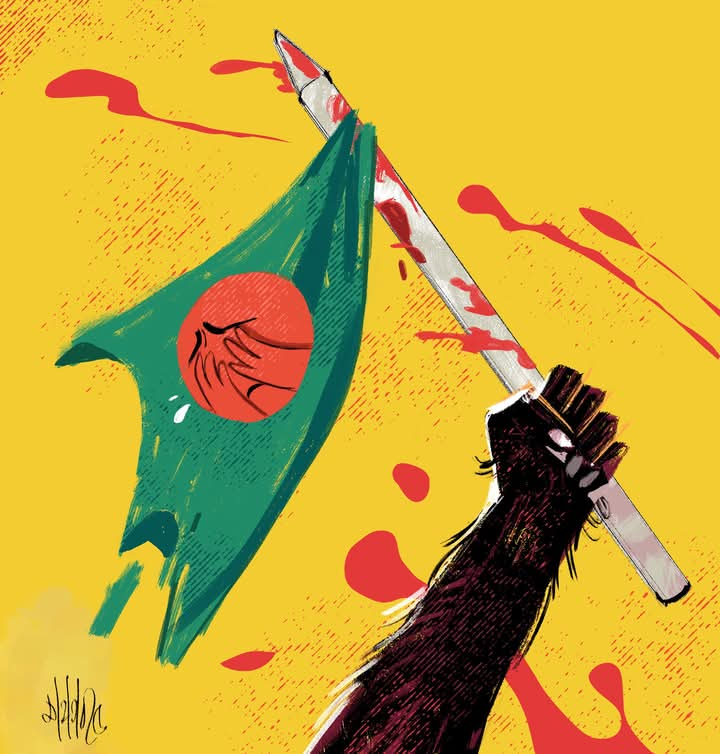
The 1971 Hindu Genocide in Bangladesh: A Dark Chapter of Systematic Atrocities
In 1971, during the Bangladesh Liberation War, one of the most brutal chapters in modern history unfolded, particularly affecting the Hindu community and the Awami League in what was then East Pakistan. This conflict, which led to the creation of Bangladesh, was marked by widespread violence, including genocide, rape, arson and looting, forced conversion to…
-
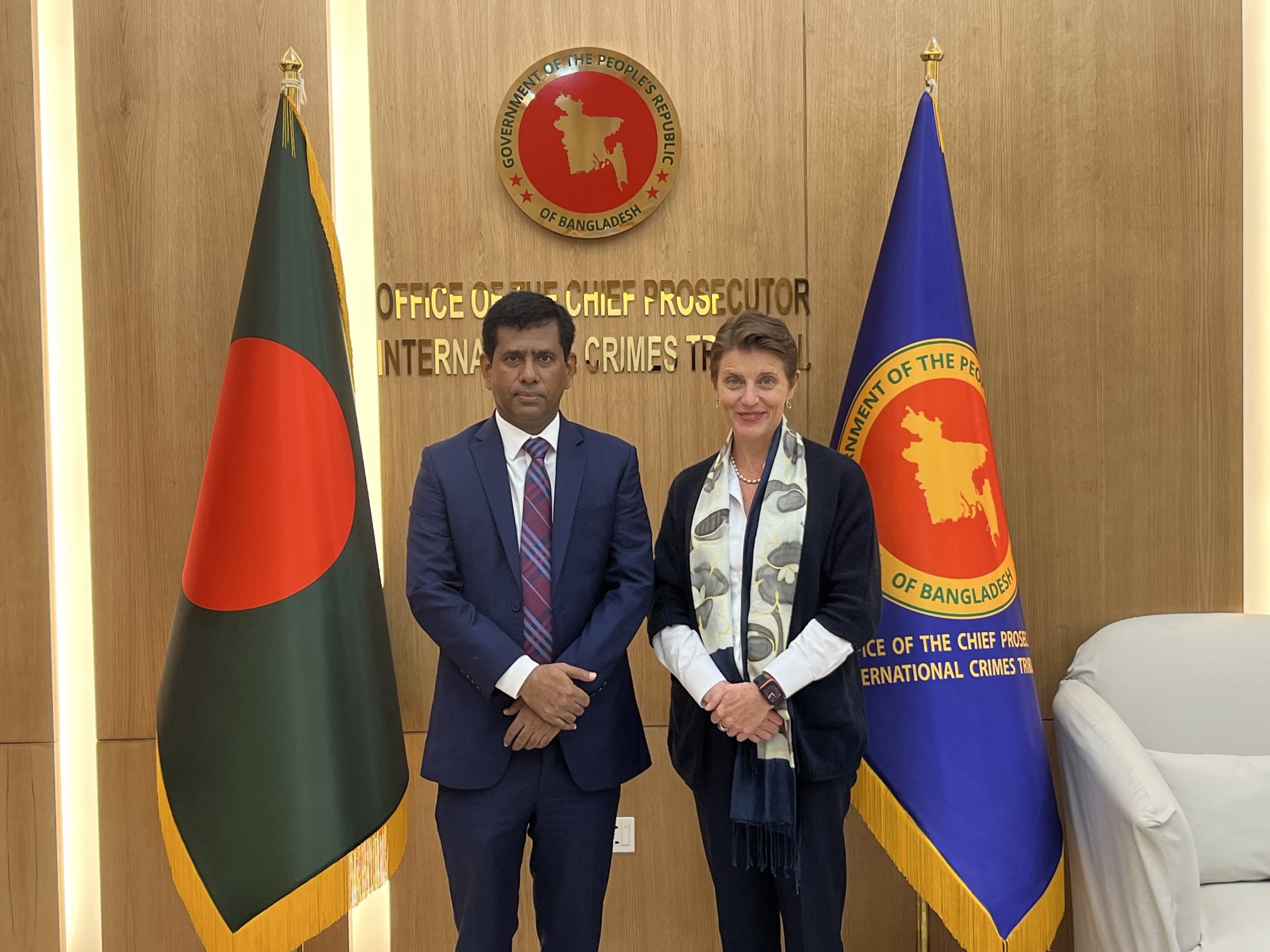
How is the International Crimes Tribunal functioning in a peculiar situation?
The International Crimes Tribunal was formed in 1973, but the trials of the Pakistan Army’s collaborators for genocide, murder, rape, loot and arson couldn’t be launched due to the assassination of then-President Bangabandhu Sheikh Mujibur Rahman in 1975. The subsequent governments rehabilitated them in politics and society. After the Awami League returned to power in…
-
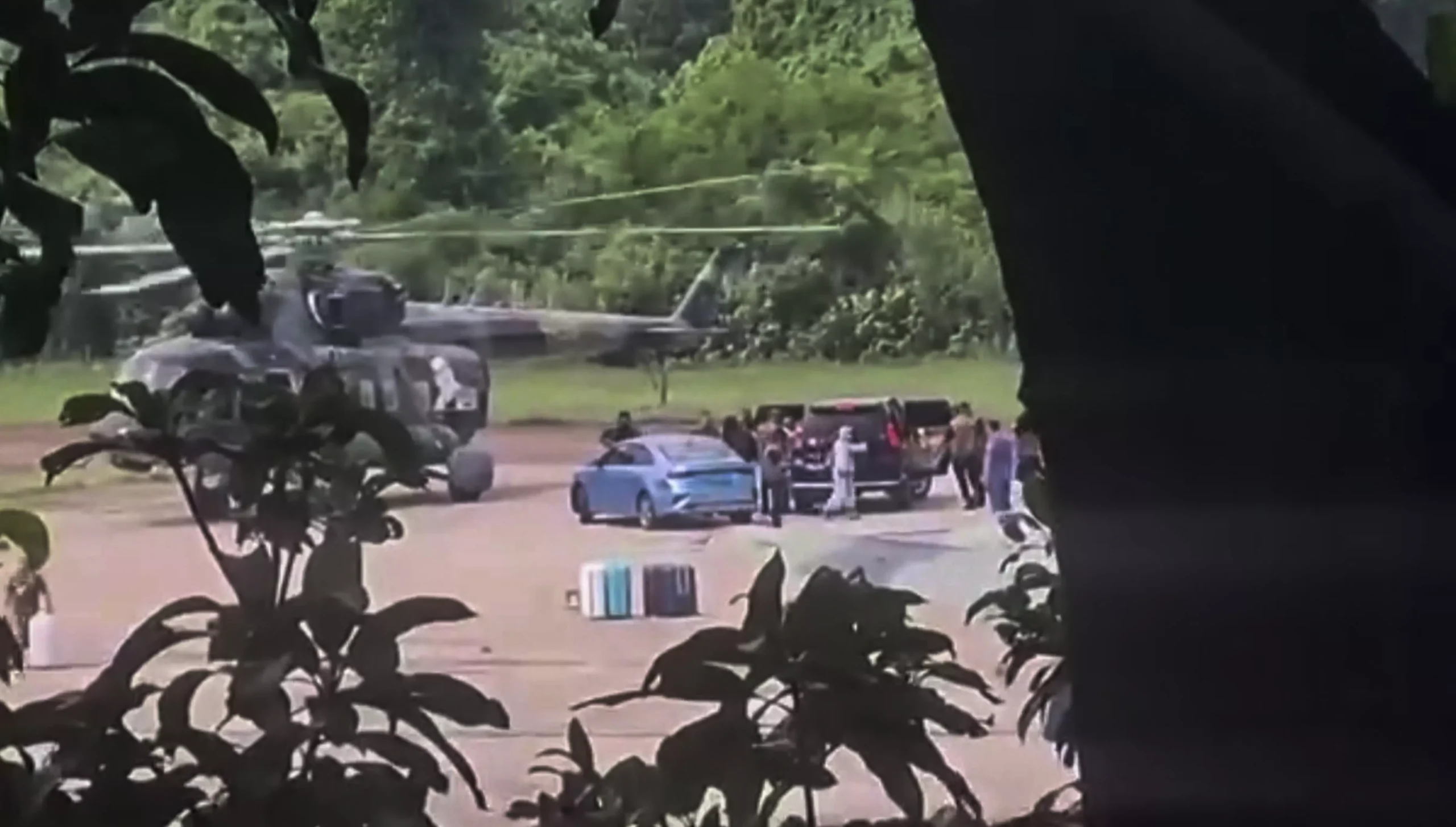
Sheikh Hasina decided to resign on August 4th, says Arafat
When the complex reality that emerged on August 4 at one stage of the students’ quota movement and the way a section of the country was criticizing her, the then Prime Minister Sheikh Hasina, who was staying at Ganabhaban, repeatedly said out of frustration that despite her contributions to the country’s development, if they criticize…
-
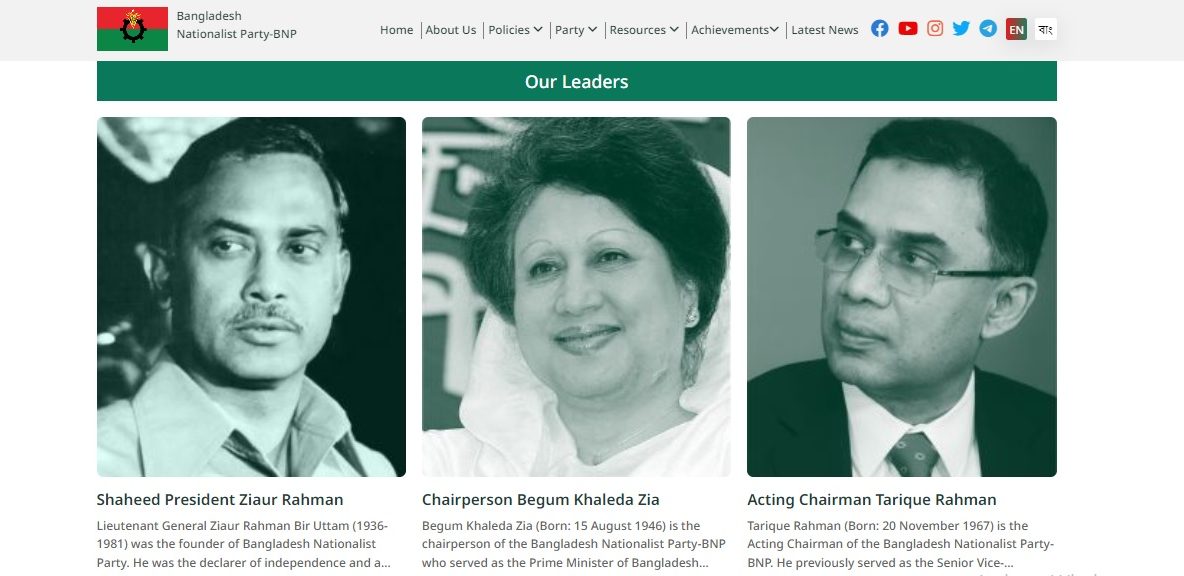
2001-06: The Dark Prince and his Hawa Bhaban
This is the compilation of a three-part series on corruption, politics and violence during the 2001-06 period based on secret US embassy documents. It was first published in Dhaka Tribune. BNP leaders claim that all charges of corruption, election engineering and patronization of terrorist activities against the party’s acting chairman, Tarique Rahman and his Hawa…
-
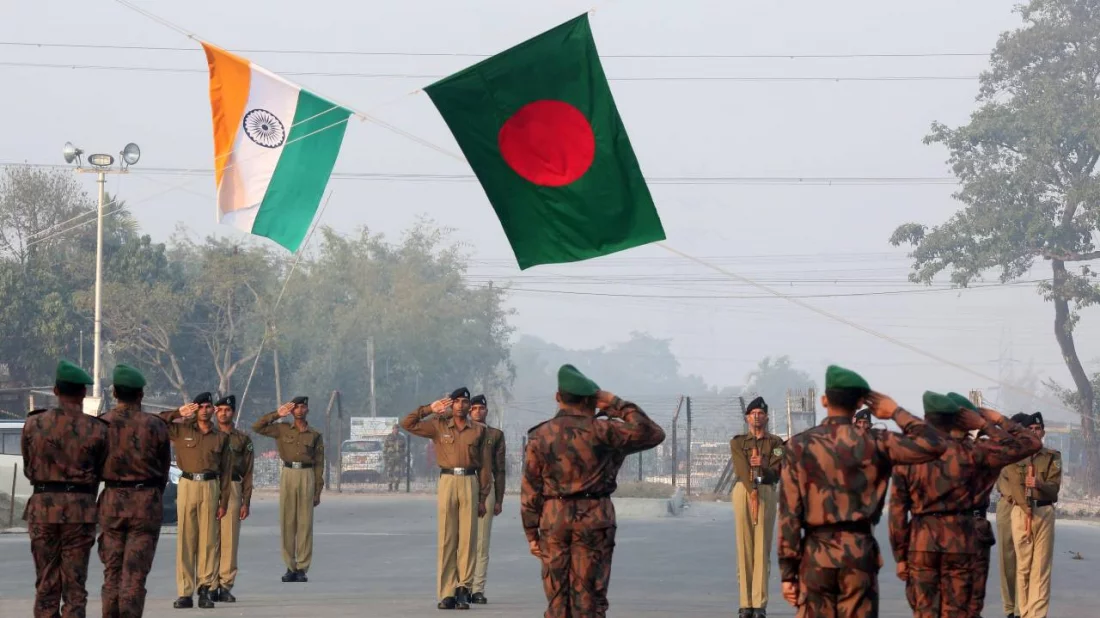
How India and Bangladesh can stop border killings
For decades, India’s trigger-happy Border Security Force (BSF) has been shooting hundreds of Bangladeshis dead in the name of maintaining law and order along a nearly 4,100km porous land border. While organized gangs from both countries are involved in crimes, many ordinary citizens cross the border casually with both paramilitary forces widely accused of having…
-

‘শেখ হাসিনা ৪ঠা আগস্টেই পদত্যাগের সিদ্ধান্ত নিয়েছিলেন’
ছাত্রদের কোটা আন্দোলনের এক পর্যায়ে ৪ঠা আগস্ট যে জটিল বাস্তবতা তৈরি হয়েছিল এবং দেশের একটি অংশ তাকে টার্গেট করে যেভাবে সমালোচনা করছিল, তখন গণভবনে অবস্থানকারী তৎকালীন প্রধানমন্ত্রী শেখ হাসিনা হতাশা থেকে বার বার বলেছিলেন যে, এত কিছু করার পরও যদি এরা সমালোচনা করে, তাহলে তারাই দেশ চালিয়ে দেখুক। তিনি তখন তার সরকারের হাত ধরে দারিদ্রের…
-

Press freedom, rule of law key to peacebuilding
This op-ed was published on September 28, 2024. For decades, Bangladeshi media has played a vital role in upholding the spirit of democracy, human rights, and the fight against corruption as the fourth pillar of the state, despite limitations such as inefficiency, politicization, and threats. Press freedom is essential for any functioning democracy. The role…
-
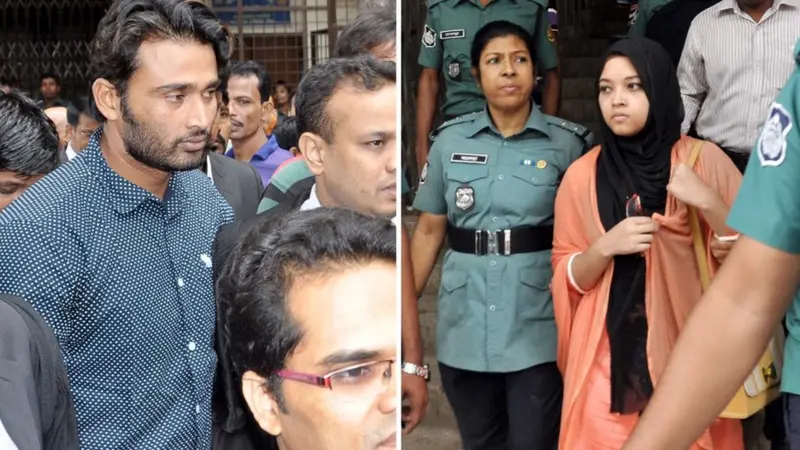
Why do workplaces become torture cells for minor domestic workers?
Former national cricketer Shahadat Hossain Razib and his wife Jasmine Jahan were arrested in 2015 on charges of torturing their minor house help named Happy. They were tried in court but were discharged due to a lack of evidence. It was well-known that some influential quarters had influenced the police to make it happen. Another…
-
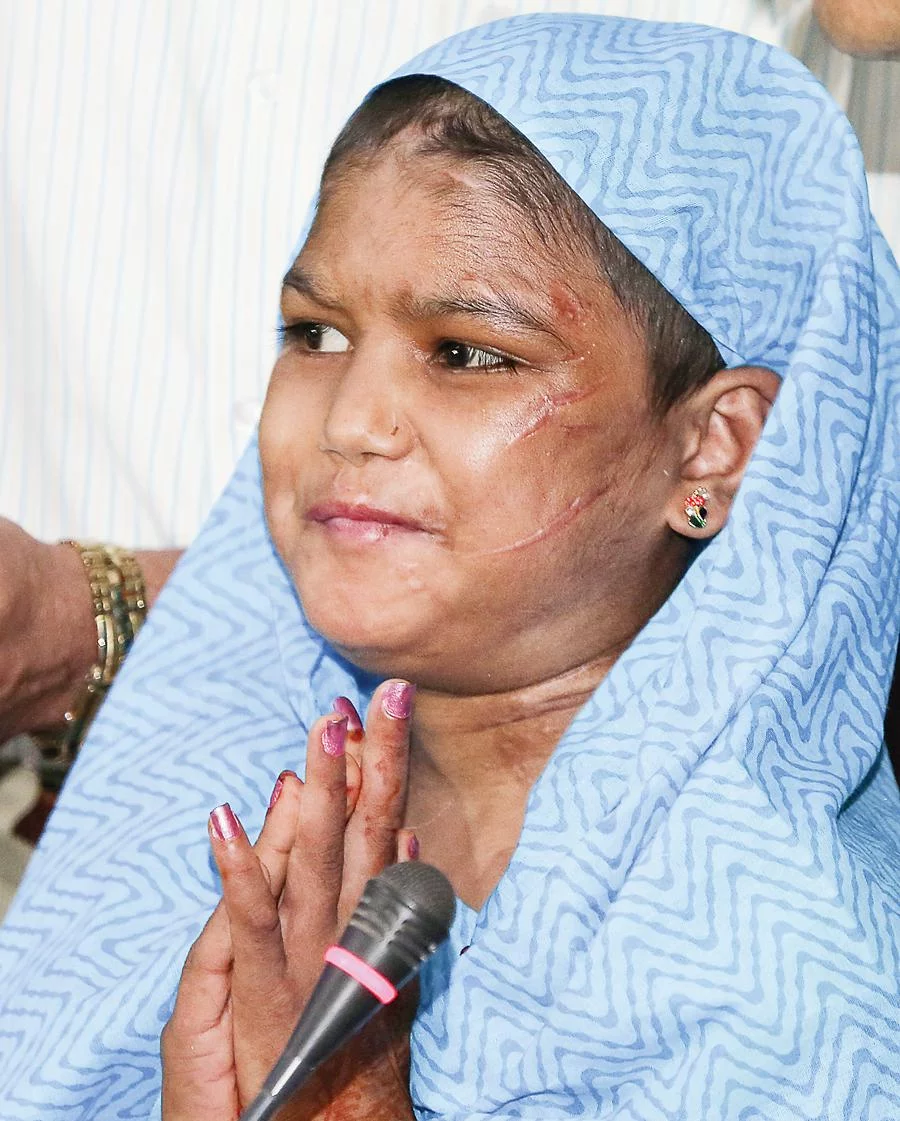
Bangladesh: Single verdict in house help torture cases
Perpetrators enjoy impunity, rarely sued or arrestedVictims are mostly girls below 18 years of ageCases filed in less than half of incidents340 killed, 17 workers committed suicide since 2011286 incidents of deaths and torture from 2013 to March 2018 Eleven-year-old Aduri got justice for the inhuman torture she had to endure at the house of…
-
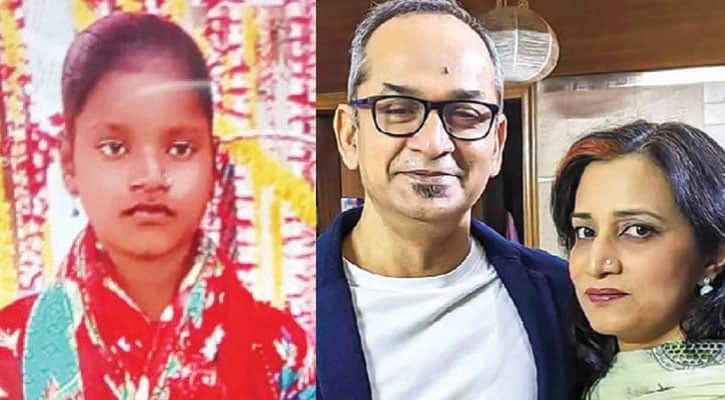
Ill-treatment of house helps: A culture of abuse swept under the rug
In an educated, civilized society, we expect every employer and their family members to treat their house help as respectable people because of their hard work — from cleaning to cooking to raising kids, they perform their duties like machines. In addition to assigning tasks based on their abilities, ensuring timely payment of their wages,…
-
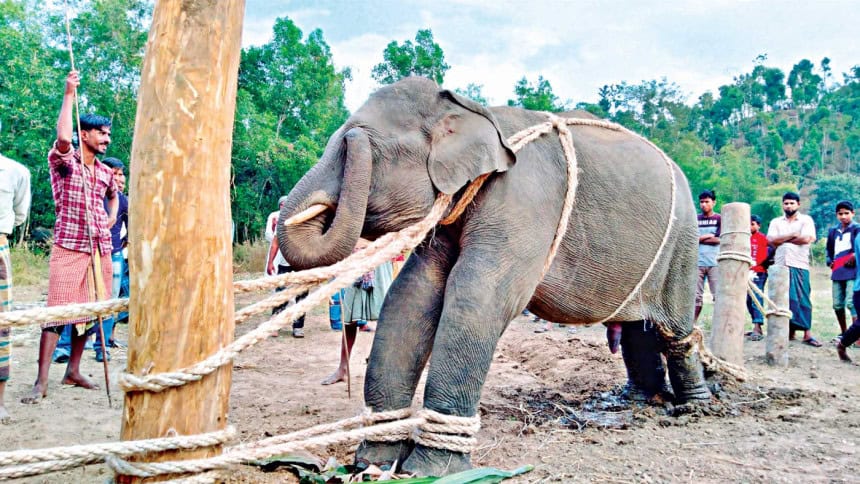
The endangered Asian Elephants
According to IUCN SSC Asian Elephant Specialist Group (AsESG) reported in August 2021, there are now only about 48,000-50,000 Asian Elephants found in 13 range states. More than 60% of the wild population exists in India alone. Only four other countries – Malaysia, Thailand, Myanmar and Sri Lanka – have more than 2,000 wild elephants.…
-
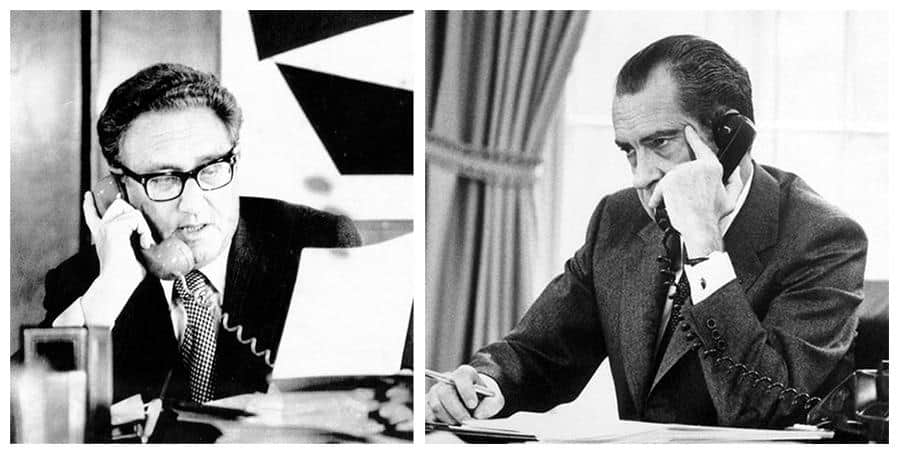
Why did Nixon sell lethal-end weapons to genocider Pakistan?
Pakistan had a request for five F-104 replacement aircraft and wanted to get 100 US-made second-hand M47 tanks, which were part of a promise to Gen Ayub Khan from President Lyndon Johnson during a stopover visit to Karachi airport in December 1967. After months of negotiations, President Richard Nixon on June 11, 1970, approved the…
-
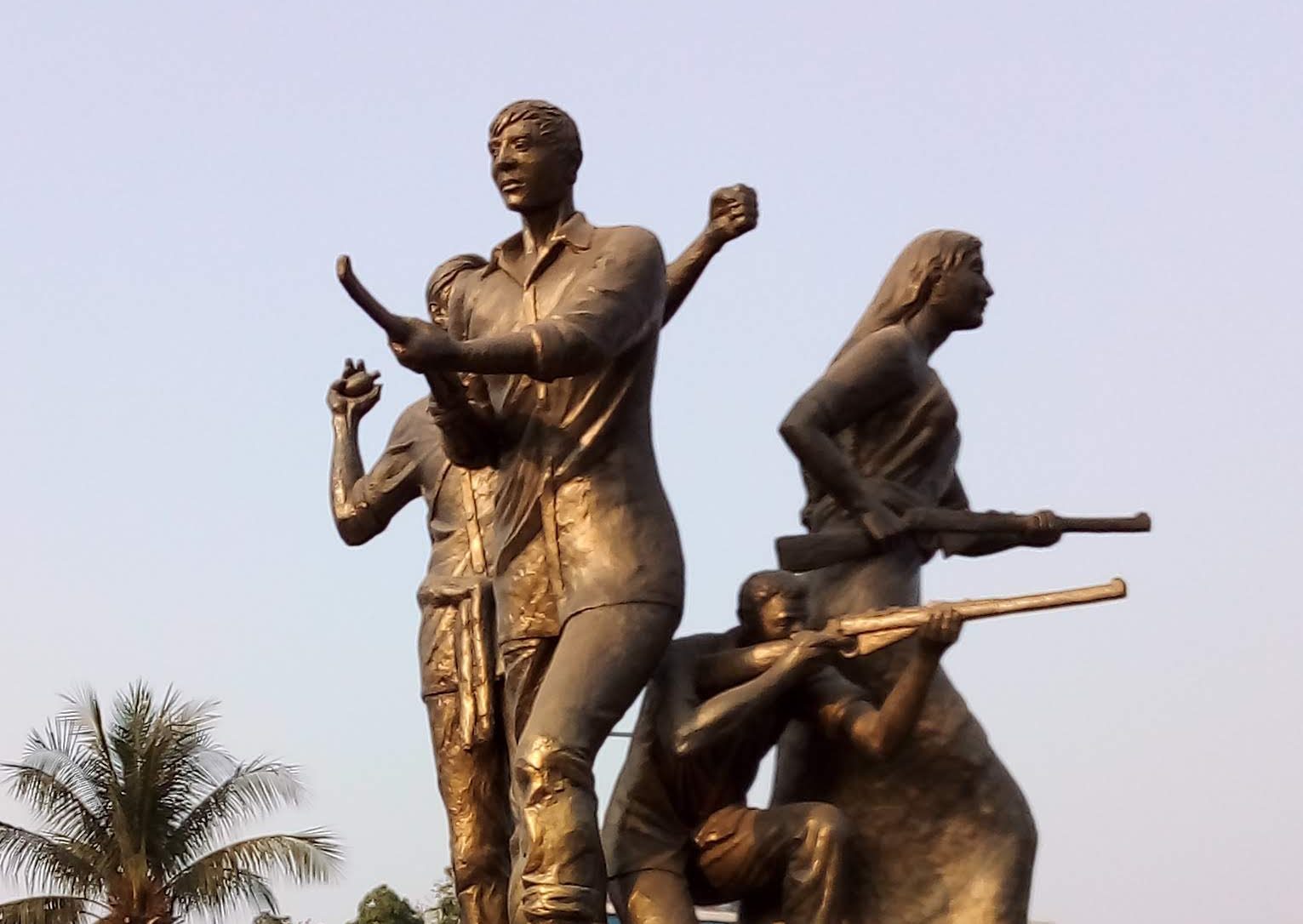
1971 Genocide: Ukhiya Buddhists fled to Arakan to save their lives
After the Pakistani military launched genocide in East Pakistan on March 25, 1971, to suppress the Bengali resistance for an independent Bangladesh, other Bengalis linked to Islamist parties became their supporters and formed auxiliary forces, like the Peace Committee, Razakar, al-Badr, al-Shams, and Mujahid Bahini, across the country. The collaborators were mainly tasked with assisting…
-
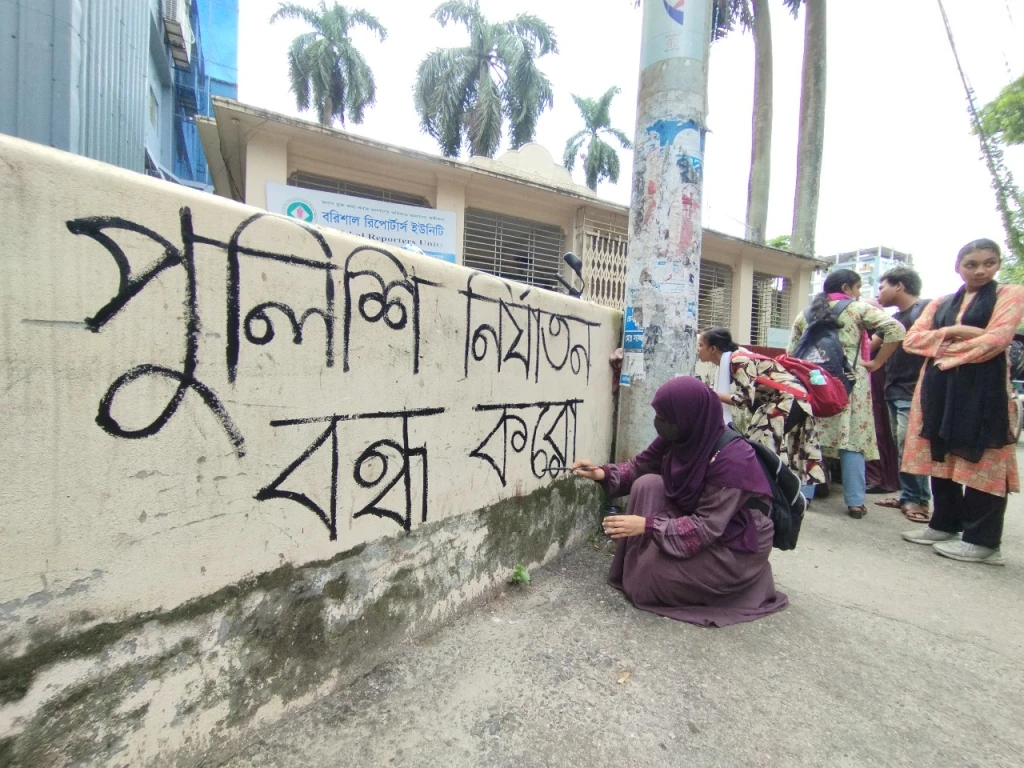
Don’t normalize hatred, brutality and politricks, pls!
Overenthusiasm and inaction are both harmful in crisis times. Since childhood, humans usually learn about the standard of living from their surrounding environment, from parents to classmates to birds and animals. As they grow up, many children spontaneously learn about while some are taught the dos and don’ts—both social norms and laws of the land.…
-

Instant gratification trap: Do you really need that?
Human brains, by default, tend to pick the choice, wish, or dream when it comes to making a decision, as the thoughts of a choice create excitement, forcing them to chase and accomplish it. Why so? It happens because humans wish for something that is aligned with their lifestyle or thoughts—be it buying a luxury…
-
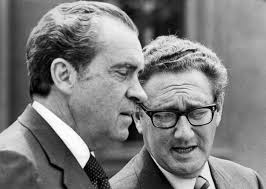
JUNE 22, 1971: US was nonchalant when Syed Nazrul sought recognition
The Nixon administration decided to keep mum when it received the first formal request for US recognition of Bangladesh in June 1971 and announced support for a unified Pakistan. Dated “Mujibnagar”, April 24, the letter requested President Richard Nixon’s immediate US recognition of the “sovereign independent People’s Republic of Bangladesh” and establishing diplomatic relations with…
-
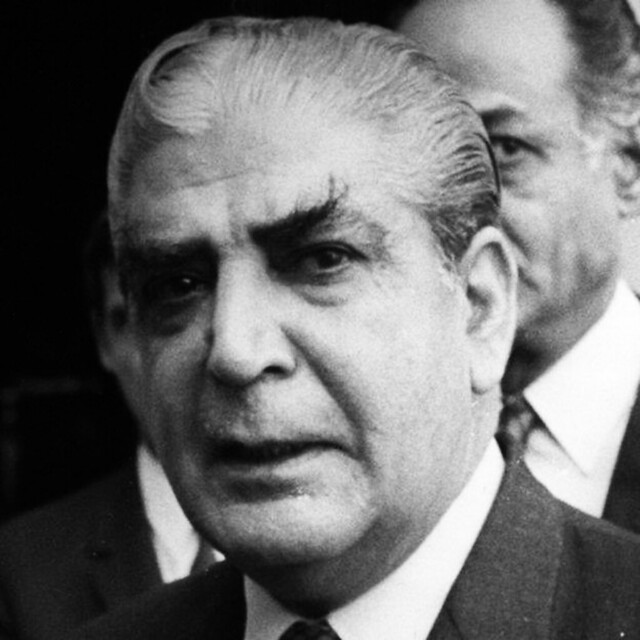
May 10, 1971: Pakistani military ruler Yahya invites Awami League to form government
In early May during the Liberation War, Pakistan President General Agha Muhammad Yahya Khan was pondering the transfer of political power without holding fresh elections. He was in favour of the Awami League forming the nucleus of the government in East Pakistan as it swept a landslide victory in the December 1970 elections, except for…
-
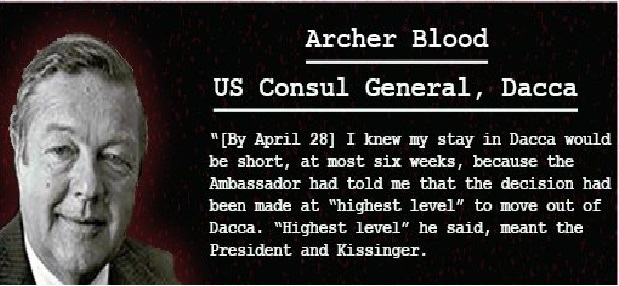
THE BLOOD TELEGRAM: How a US envoy exposed genocide by Pakistan Army
While the Nixon-Kissinger administration continued supporting military strongman General AM Yahya Khan, who launched a crackdown to “maintain the integrity of Pakistan,” a diplomat in Dhaka urged the US government to express shock, describing the atrocities in a telegram on March 27, 1971. “Selective Genocide” was the title of the telegram sent by Consul General…
-
Oporajeo workers need your support
Those who set #Oporajeo jute and cotton bag factory on fire last month wanted to cripple the noble and unique initiative… The factory at Savar employs around 35 surviving workers of the Rana Plaza factories and they were given medical and education facilities as well as profit share…some people who did not like the groundbreaking…
-
There still are some pro-women men in Bangladesh
Please disregard the police quotes; they helped the attackers flee! On April 14, it’s the first day of Bengali new year in Bangladesh when hundreds of thousands of people celebrate the day with cultural festivity across the country. The largest congregations take place at Shahbagh and Dhaka University campus in the heart of the capital.…
-
Be either secular or religious, not both
Secular scholars are killed, others threatened by radical Muslims of constitutionally-secular Bangladesh in 2015, a state which recognised Islam as the state religion, based on population, and declared by an army ruler in 1986!!! The party which introduced secularism in the first constitution of 1972, now in power with the deposed military dictator, amended the…

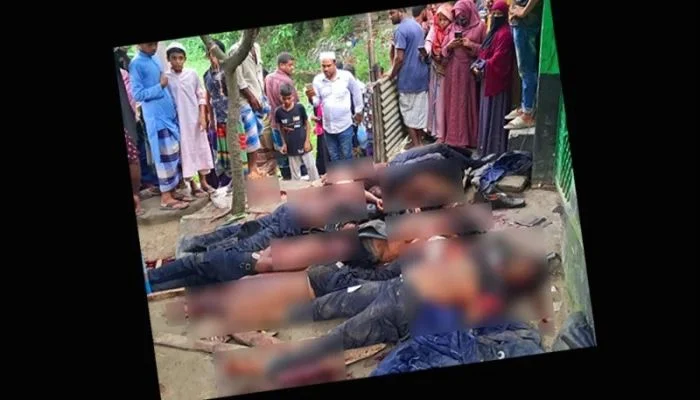
You must be logged in to post a comment.